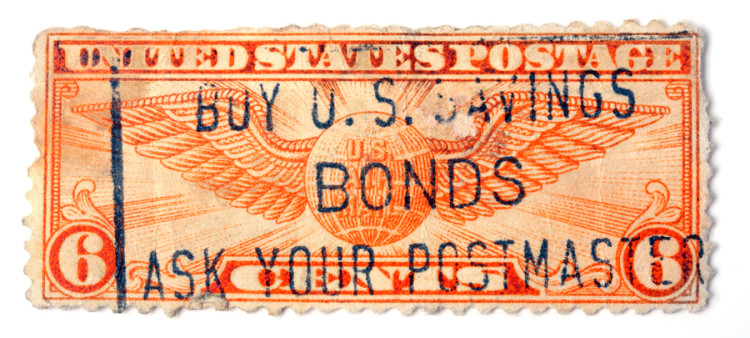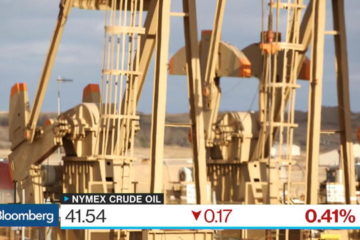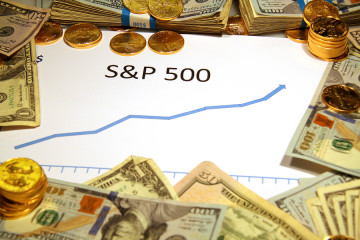Bonds No Match for Equities as Europe Decline Drives Up Yields

©2015 Bloomberg News
NVRCAO6K511D
(Bloomberg) — The selloff in European equities has again pushed them into the sights of investors seeking for better returns than those offered by bonds.
Looking at earnings yield, companies in the Euro Stoxx 50 Index are more attractive than at any time since 2011 relative to government debt after equities lost as much as 21 percent from this year’s high on concern the global economy is slowing down. At the same time, increasing speculation that the European Central Bank will extend its unprecedented stimulus pushed rates for bonds to their lowest levels since May.
“It’s quite a straightforward valuation argument,” said David Hussey, head of European equities at Manulife Asset Management in London. “As long as the recovery continues, margins will recover, so that will push earnings growth and should put a rocket under European equities.”
The earnings yield, an expression of per-share profit as a proportion of stock price, for the Euro Stoxx 50 has risen to 5.7 percent from 4.8 percent at the end of June. That compares with an average rate of 0.77 percent for the region’s debt, down from 1.15 percent that same month, according to the Bloomberg Eurozone Sovereign Bond Index.
As concern over China’s economic growth spread and the Federal Reserve held off raising interest rates, ECB officials have said that they’ll continue asset purchases at least until the end of September 2016. Lenders and asset managers including ABN Amro Bank NV and Pacific Investment Management Co. have said an extension or increase to quantitative easing is likely.
Bombed Out
“I prefer stocks to bonds here because sentiment has been really bombed out on stocks,” Trevor Greetham, London-based head of multi asset at Royal London Asset Management, said on Bloomberg Television’s “On The Move” with Jonathan Ferro. “We may get extra stimulus as well. I wouldn’t rush in and buy bonds at these levels.”
Many investors are still hesitating, with average stock volatility near three-year highs. Adding to that, concerns over global growth have prompted analysts to cut their projections of how much Euro Stoxx 50 earnings will increase this year to 9.9 percent, compared with 12 percent at the beginning of August.
“Valuation has improved, but only looking at the P/E or earnings yield does not give you a screaming buy signal from European stocks,” said Ralf Zimmermann, a strategist at Bankhaus Lampe KG in Dusseldorf. “Even if we do not forecast a U.S. or global recession in the upcoming quarters, we are well aware of the fact that we are only one shock away from the next recession.”
Yet economic data in Europe keep beating forecasts, and analysts project companies in the Euro Stoxx 50 will push the index to about 3,704 in the next year, up 16 percent from where it last closed.
“There’s a lot of money that has been taken out of equities recently,” said Patrick Spencer, equities vice chairman at Robert W. Baird & Co. in London. “If you’re a global asset manager at the moment, earnings yield is proof that equities is still the place to be.”
–With assistance from Eshe Nelson and Lucy Meakin in London.
To contact the reporters on this story: Roxana Zega in Zurich at rzega@bloomberg.net; Alex Longley in London at alongley@bloomberg.net To contact the editors responsible for this story: Cecile Vannucci at cvannucci1@bloomberg.net Alan Soughley







No Comment